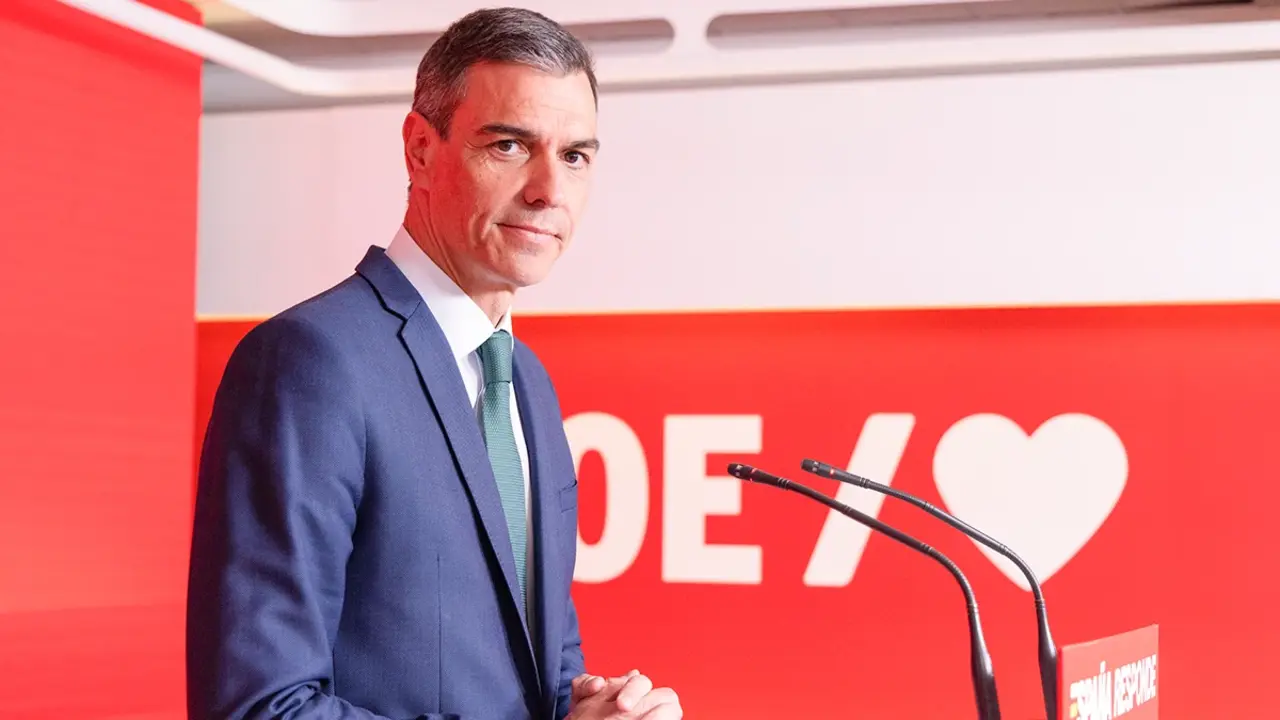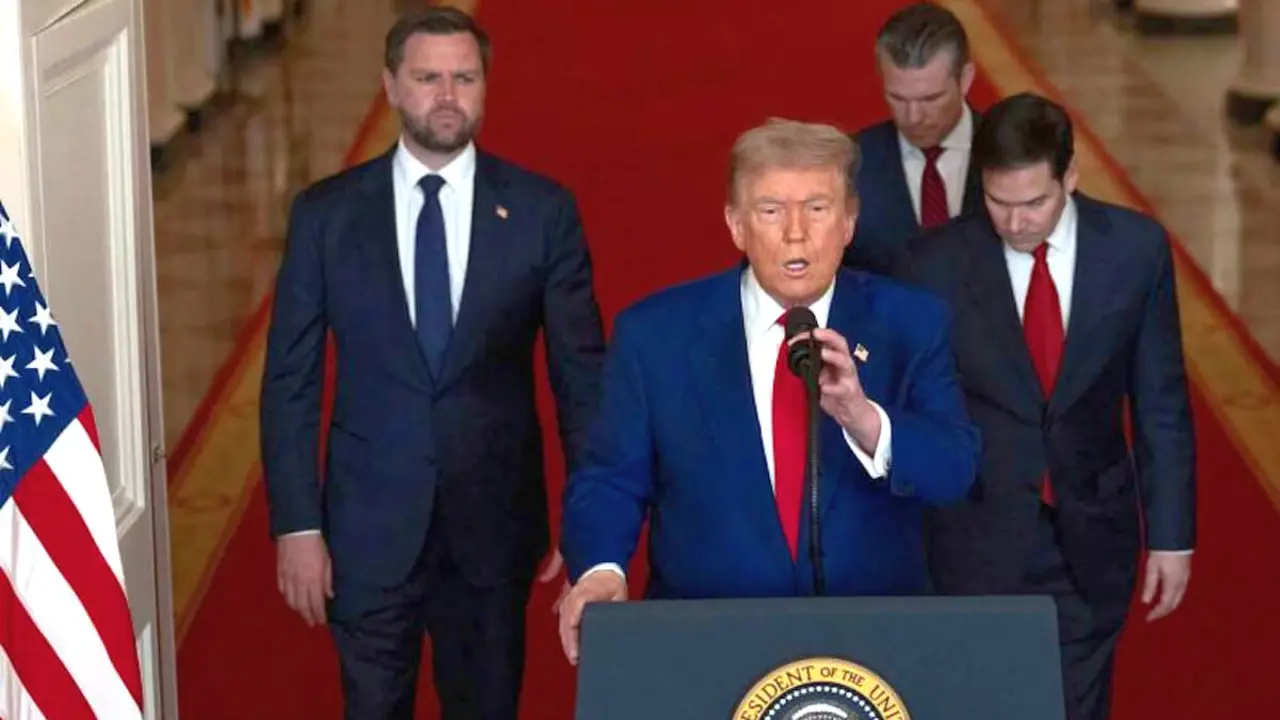José María Peredo: "The Democrats are going to have significant opposition in the House of Representatives, Biden is going to have to act with pragmatism"

In the latest edition of "De cara al mundo" on Onda Madrid, we had the participation of José María Peredo, Professor of Communication and International Relations at the Universidad Europea, who analysed current US politics after the midterm elections that will determine the next two years of Joe Biden's term in office.
Do you agree that Americans have defended democracy in the face of Trump's ambitions?
I don't know about Trump's ambitions, but they have certainly defended democracy because the elections have taken place within normality and they have done so within an important response. The atmosphere of tension that effectively still exists in the United States has not yet led to episodes of violence, such as those we saw in the last presidential elections with the assault on the Capitol. Therefore, I believe that the triumph of democracy lies in the triumph of normality, and only in the fact that certain positions, leaderships and candidates who voluntarily left this democratic and institutional normality, who represent the MAGA sector of the Republican Party, have not always emerged strengthened or elected.
Can a country like the United States survive by questioning the results, the method and with permanent threats of commissions of enquiry from one side or the other?
It is a deficit that democracy is currently experiencing in the United States and probably in other countries as well. I think that demagogy has advanced a lot in this decade through populism, through "Trumpism" in the United States and the radicalisation of left-wing groups. I would say that this has made democracy more polarised, with sectors that have less respect for the normal functioning of institutions.
These crises sometimes occur and that is why we hear about terms such as restoration or reforms. I would say that these are episodes that we can observe in history at other times of crises produced by other situations, and that there is a way to solve them, in the case of the United States. This solution depends on strong leadership and also on understandings and agreements in the areas of the centre, where the Democratic Party and the Republican Party, the more moderate sectors and the most important issues converge.
And the independence of the judiciary. Ron DeSantis, governor of Florida, emerges as a possible Republican candidate for the US presidency in 2024 and he has no appointments with Justice, which is perhaps Trump's problem.
It must be borne in mind that the path that everyone foresees for Trump in the judicial processes will clearly determine what the future holds. Undoubtedly, in this restoration of normality, judicial processes are not permanently splashing not only Trump, but also other candidates, if that is the case. Undoubtedly the renewal of leadership, which is why I also say strong leadership, also means clean leadership, which is also important at the moment.
Do you see Ron DeSantis as the Republican candidate for President of the United States?
I certainly do today. He meets the conditions, he has emerged stronger and has been the witness of a Republican Party that has broadened its electoral horizon. So he is also capable of integrating these new MAGA voters, but on the other hand he also seems to be a more politically balanced person than Donald Trump and other candidates of this orientation.
I think he has a number of factors that are important. However, it is also a product of the result of these elections and also of the need in both parties to build new leadership, and also new presidential leadership, because if Biden were to run, as he said, we would also have to consider some kind of substitution.
Joe Biden has not lost these midterms, as other presidents have, but will it be enough for Biden to be able to finish these two years in office and even think about being the candidate again?
I don't know if it will be enough. We have to see how these two years are going to be politically intense and see how these new generations of new leaders will penetrate the electorate. What I do see is a containment of polarisation. I don't know if we can speak of a reduction in polarisation, but we can speak of a containment. Therefore, if these two years maintain the trend, despite the fact that Trump was going to appear again, we may find ourselves with elections that are different from the presidential elections we experienced in 2020. Maybe we will have a different election and the United States will opt for a clean slate and a new leader. This is a new option that Biden must reckon with.
The economic issue, which has always been very important in the United States, is going to condition the electoral future of both sides.
The economic situation, the data at the time, will have a lot to do with the economic situation, bearing in mind that the economic situation that Biden was looking back on, conditioned by the pandemic, had been good, and that memory is also there. But it must also be borne in mind that he will face significant opposition in the House of Representatives. Some of the great projects of the Democratic Party, the New Deal, are now going to be questioned in Congress. So Biden is going to have to act with pragmatism, which is also a hallmark of presidents who find themselves in this situation, with the House of Representatives against them. This concept of pragmatism is nothing new; it means "I have my ideology, I have my principles, but I have to adapt them to the circumstances, which in this case are the Republican majority".
America Coordinator: José Antonio Sierra.








